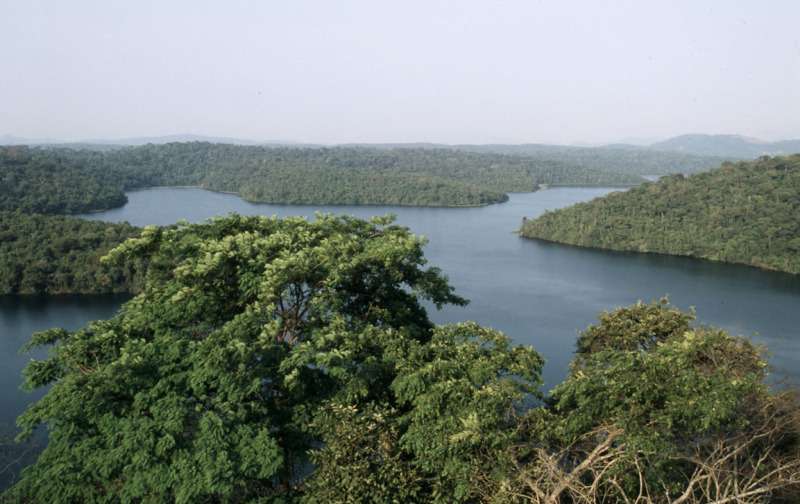Analysis calls for regional recovery following dam burst in Brazil

Long term efforts for the restoration of the whole region will be needed to recover the Rio Doce and prevent further catastrophes, a WWF analysis reveals
The recovery of deforested areas – either legally or illegally deforested – will be decisive for a basin recovery strategy, says the study designed to help recovery efforts after the collapse of a dam at an iron ore mine devastated several communities in south-eastern Brazil.
"The analysis that we bring forth is not the only relevant study and definitely not exhaustive. It is, instead, part of an initiative of our organization to support the various recovery efforts of the basin," said Carlos Nomoto, Secretary General of WWF- Brazil.
A series of recommendations in the study focuses on recovery actions throughout the whole region, home to over three million people, as opposed to just the main river. The actions including the revision of agriculture practices and the recovery of springs and native vegetation aim to reduce the impact on coastal and marine ecosystems, while improving the quality of the water that will reach the Rio Doce outlet.
The data reveals there are another 69 mining dams in the Rio Doce basin that should be monitored to avoid future tragedies while also finding that 88 per cent of the region has already been affected by human activities.
"The Rio Doce region has already been heavily impacted by the improper use of the land and natural resources. In the past few decades, the basin suffered large-scale deforestation, livestock culture, agriculture, and mining, all of them carrying waste to the river which accumulates over time and modifies its structure with negative impacts for the fauna and flora of the region," explains Mariana Napolitano, from the Science Program of WWF-Brazil.
"With this catastrophe, an already compromised environment with low resilience has suffered a sort of coup de grace and will need a much larger effort for its recovery," said Napolitano.
To assist recovery efforts WWF-Brazil has provided free public access to the data analysis, hydrographic maps and vegetation cover of the entire basin. WWF-Brazil believes that an agreement that includes governments, civil society and companies for the recovery of the springs of the Rio Doce basin will be essential.
Over half a million people have been left with no access to clean water and the mud path has reached the marine ecosystem and is expected to cause further impacts on the Doce River delta, one of the major deltas of the South Atlantic, including the interruption of all fishing and tourism activities.
Provided by WWF



















